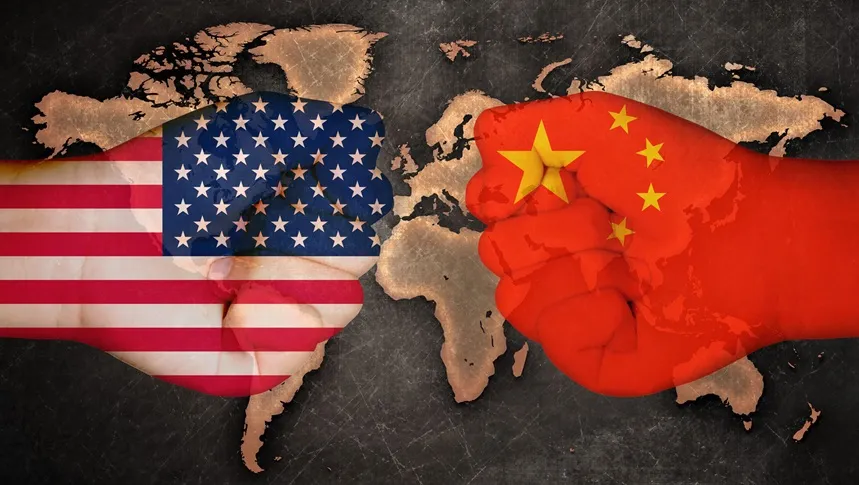At this writing, the United States has imposed tariffs of at least 145% on China, which — depending on the type of product and how previous tariffs were applied — could end up substantially higher. Of course, by the time you read this, those same tariffs could be raised, lowered or eliminated altogether. Such is the environment in which businesses find themselves today.
Whether you support the concept of tariffs or, even further, their widespread imposition on virtually all U.S. trading partners simultaneously, this massive increase on America’s second largest trading partner is likely to have widespread consequences for the home furnishings industry.
While many furniture manufacturers shifted production out of China with the first round of tariffs in 2019, it remains the United States second largest source of furniture, shipping nearly $6 billion here in 2023. That number rises substantially when factoring in other furnishings categories such as metal and glass, lighting, décor, fabric and much more, into the equation.
There are myriad economists who can provide insight into the broader geopolitical and global economic implications of this type of trade competition. Speaking strictly from the perspective of the home furnishings industry, price increases are only a part of the disruption the industry could face should this and the other tariffs stick.
Even before the latest hike, the tariff on Chinese imports was prohibitive enough to cause widespread efforts to re-source or re-shore additional production elsewhere. However, unlike in 2019, many of the places that might have served as alternatives are now themselves hit with tariffs.
For the short term, and possibly the long, we can dispense with the notion of that business coming fully back onshore. As a result, there is a likely supply disruption in the not-too-distant future as manufacturing, shipping and sourcing are realigned.
On paper that all sounds analytical. On the ground, it means people are going to lose their jobs. American companies, with American workers who import furnishings from China, and Vietnam, and Malaysia, and Indonesia, and, oh yes, Canada and Mexico and dozens of other countries. Even most companies that are “domestic manufacturers” do so with materials, components, tools that are made elsewhere, and they, too, will be impacted.
Uncertainty is not good for business. For home furnishing executives, uncertainty defines the current marketplace. A trade war with America’s second largest trading partner and the second largest economy on the planet, whatever the long-term goal, only compounds that uncertainty.
The current disruption may present an opportunity for some, and from a purely business perspective, domestic producers and those with deep inventory levels may see short-term gain. That won’t come without pain for others.
To quote an ’80s movie anti-hero, “Nobody ever wins a fight.”
See also:
l
